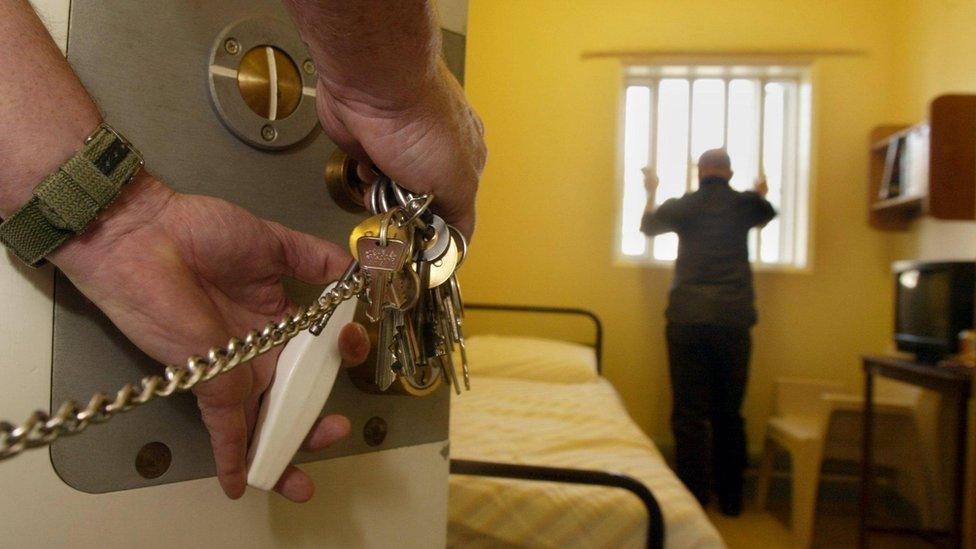Family 'left in limbo' by indefinite jail term
- Published
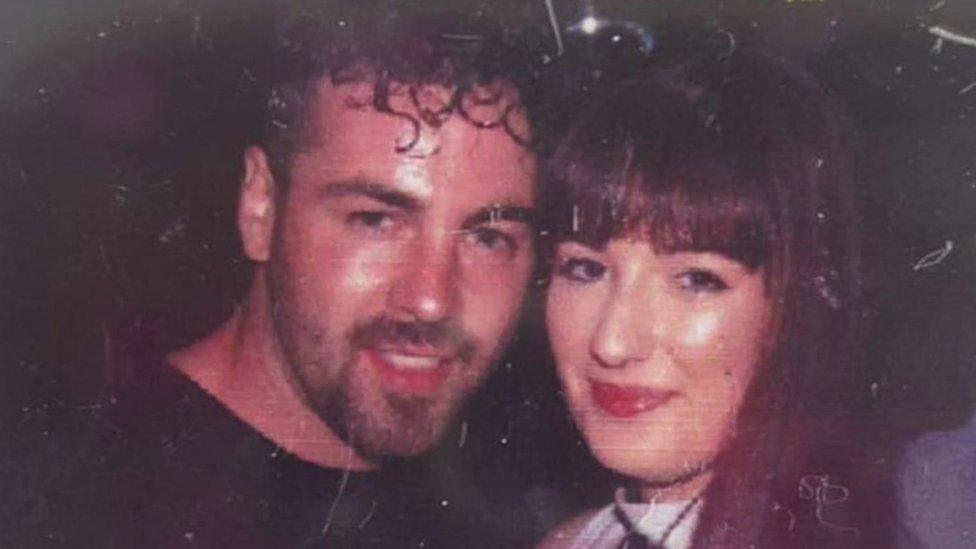
Hannah McCulloch is campaigning for the release of her partner Ben Gayton
The partner of a prisoner serving an indefinite sentence has said she and her children are "living in limbo".
Hannah McCulloch is campaigning for Ben Gayton's release. He was jailed under the now abolished Imprisonment for Public Protection (IPP) legislation.
Mr Gayton received a 17-month minimum term but served seven years. He was then recalled for breaching his IPP licence, which lasts 99 years.
The Ministry of Justice said IPP offenders posed "a high risk".
IPPs were introduced in 2003 and designed to ensure dangerous offenders remained locked up until they no longer posed a risk.
However, they were given to more offenders than originally expected and for lower level crimes, with hundreds of inmates jailed for years beyond their minimum terms.
IPPs were abolished in 2012 - but not for existing prisoners.
Now more than half of those freed have been sent back to jail for breaching licence conditions.
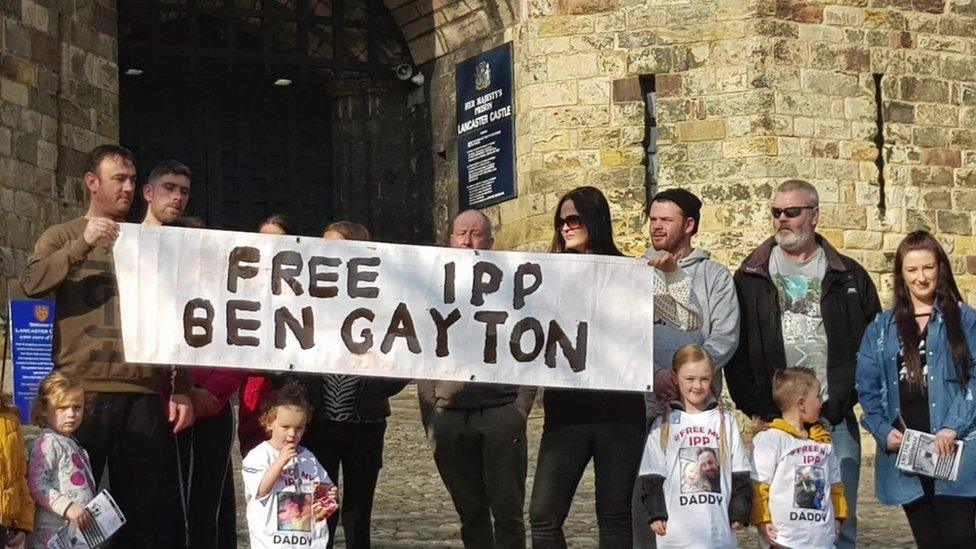
Ms McCulloch, from Kirkham in Lancashire, said she was unsure when Mr Gayton might be freed from HMP Lancaster Farms.
He was jailed for grievous bodily harm with a minimum tariff set at 17 months but was not freed for seven years.
After his release in 2012, Mr Gayton was recalled to prison in 2014 on a manslaughter charge, for which he was acquitted.
He was recalled again in 2017 on assault allegations, which were dropped. But he is still in prison and will not see the parole board until December.
Always hanging over you
Ms McCulloch said "it's horrible" and "some days Ben will ring but barely speak because he is so stressed and so down".
"IPP, you're never rid of it even when you're out. It's a 99-year sentence so it's always hanging over your head", she said.
Campaign group Smash IPP said 2,600 people were still jailed in England and Wales under IPP legislation without release dates.
The Ministry of Justice said offenders received an IPP sentence because they had committed a serious violent offence and were assessed as posing a high risk of serious harm.
In 2014, ex-home secretary David Blunkett expressed "regret" that the terms, brought in while he was in office, had led to "injustices".
- Published18 October 2017
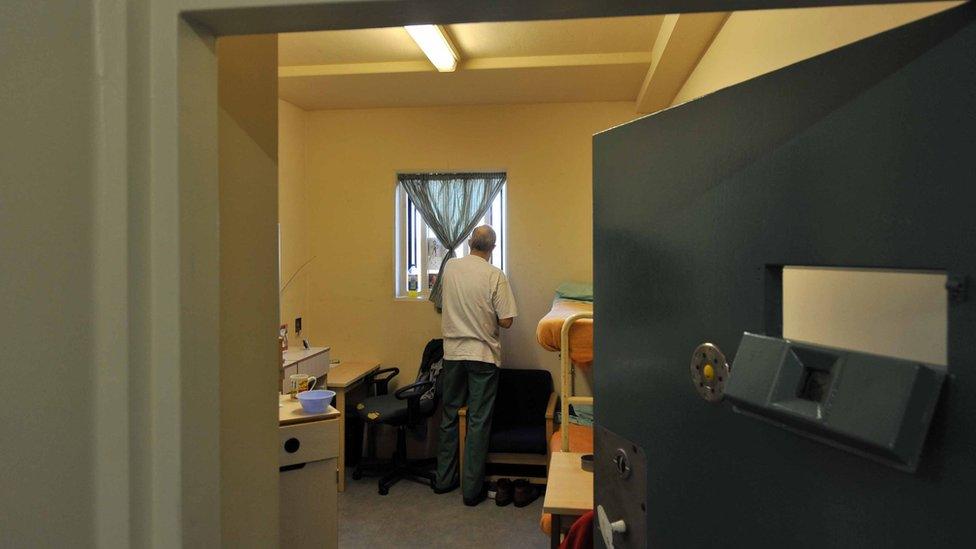
- Published14 September 2017
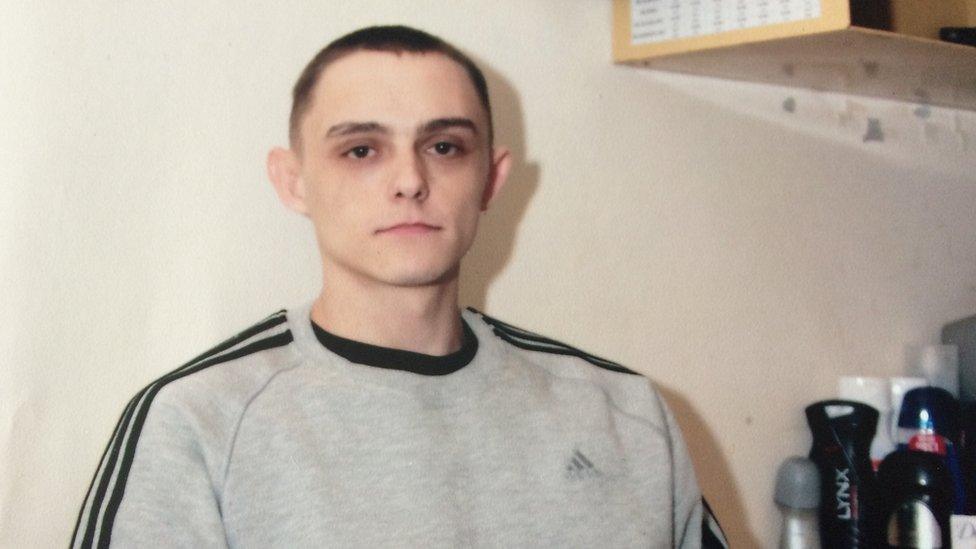
- Published16 August 2017
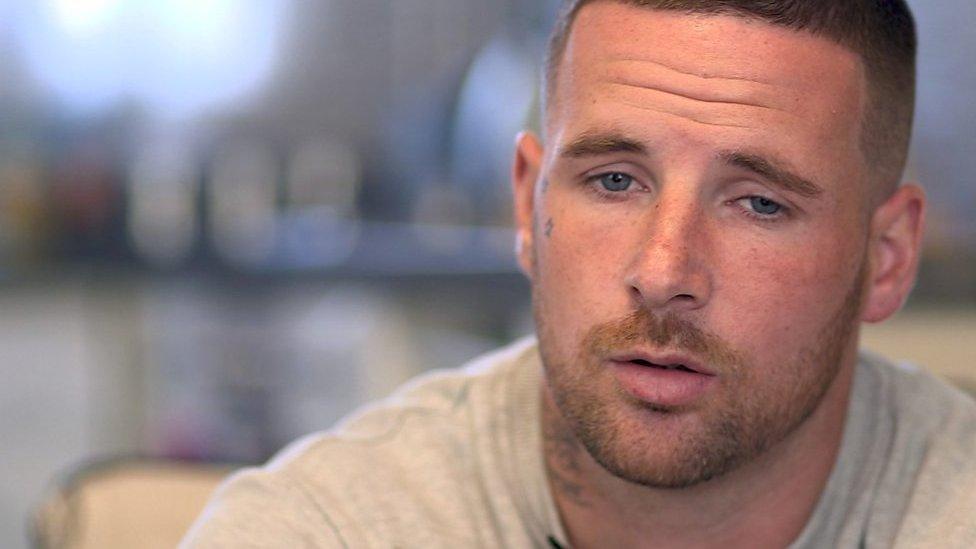
- Published23 June 2016
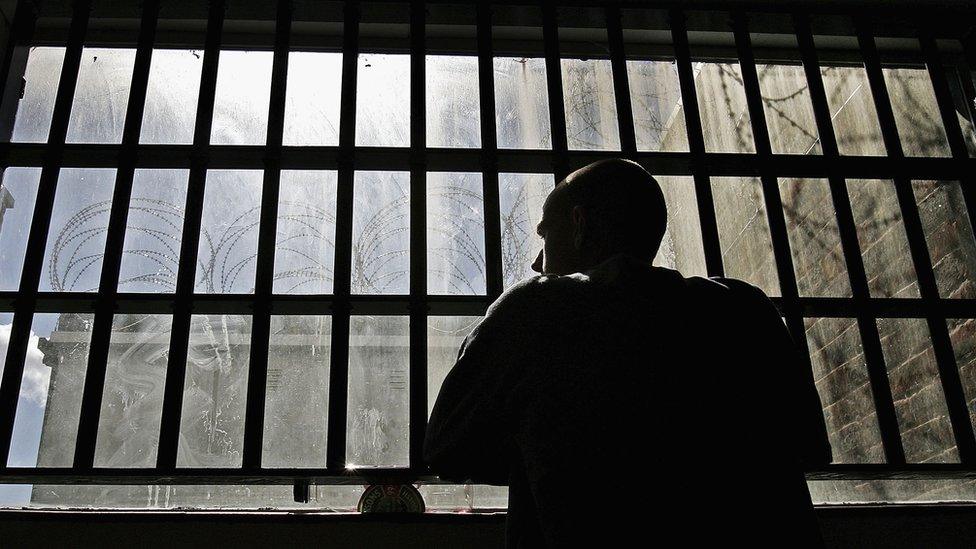
- Published30 May 2016
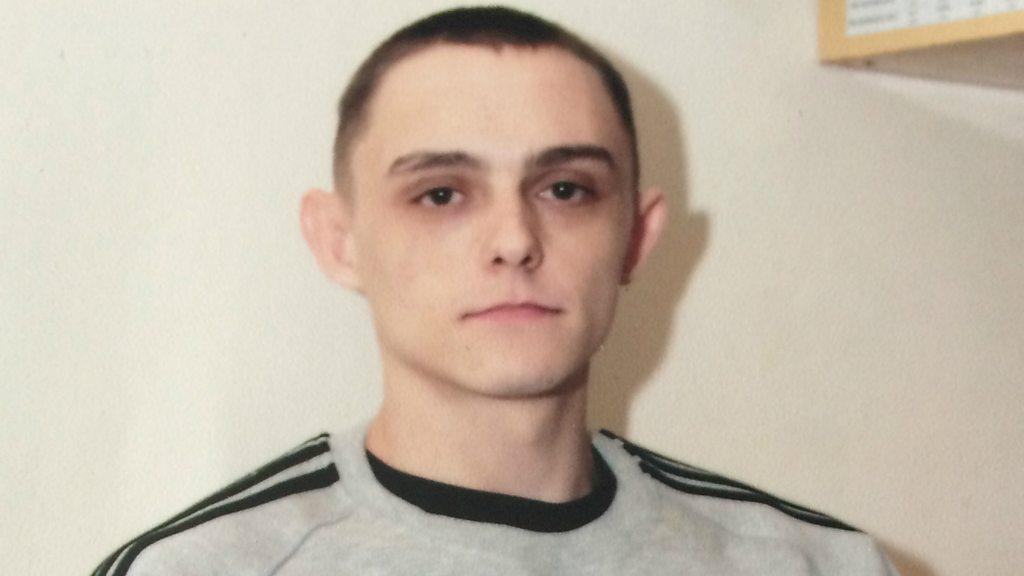
- Published30 May 2016

- Published18 March 2016

- Published13 March 2014
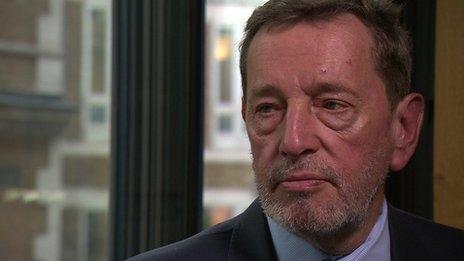
- Published31 December 2015
